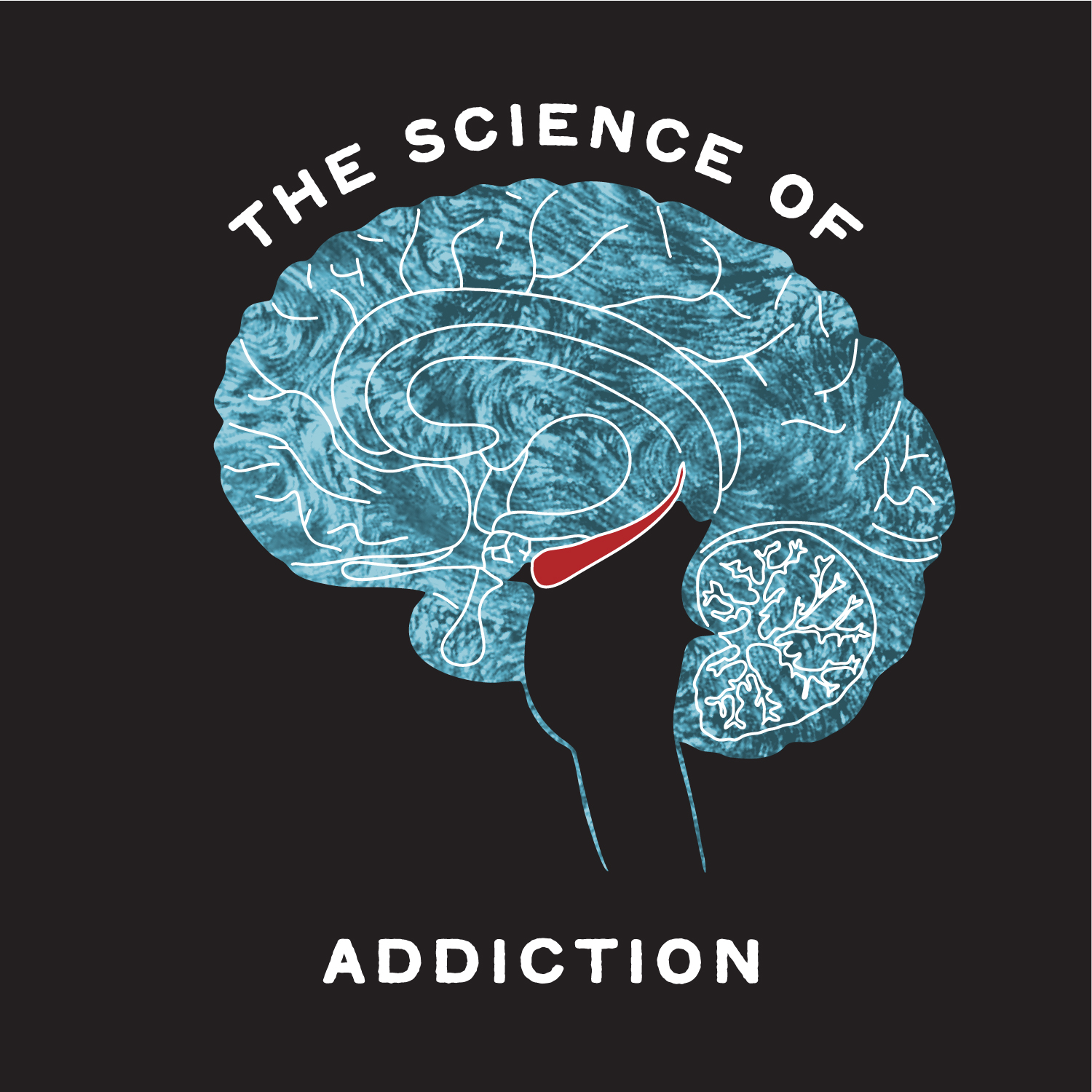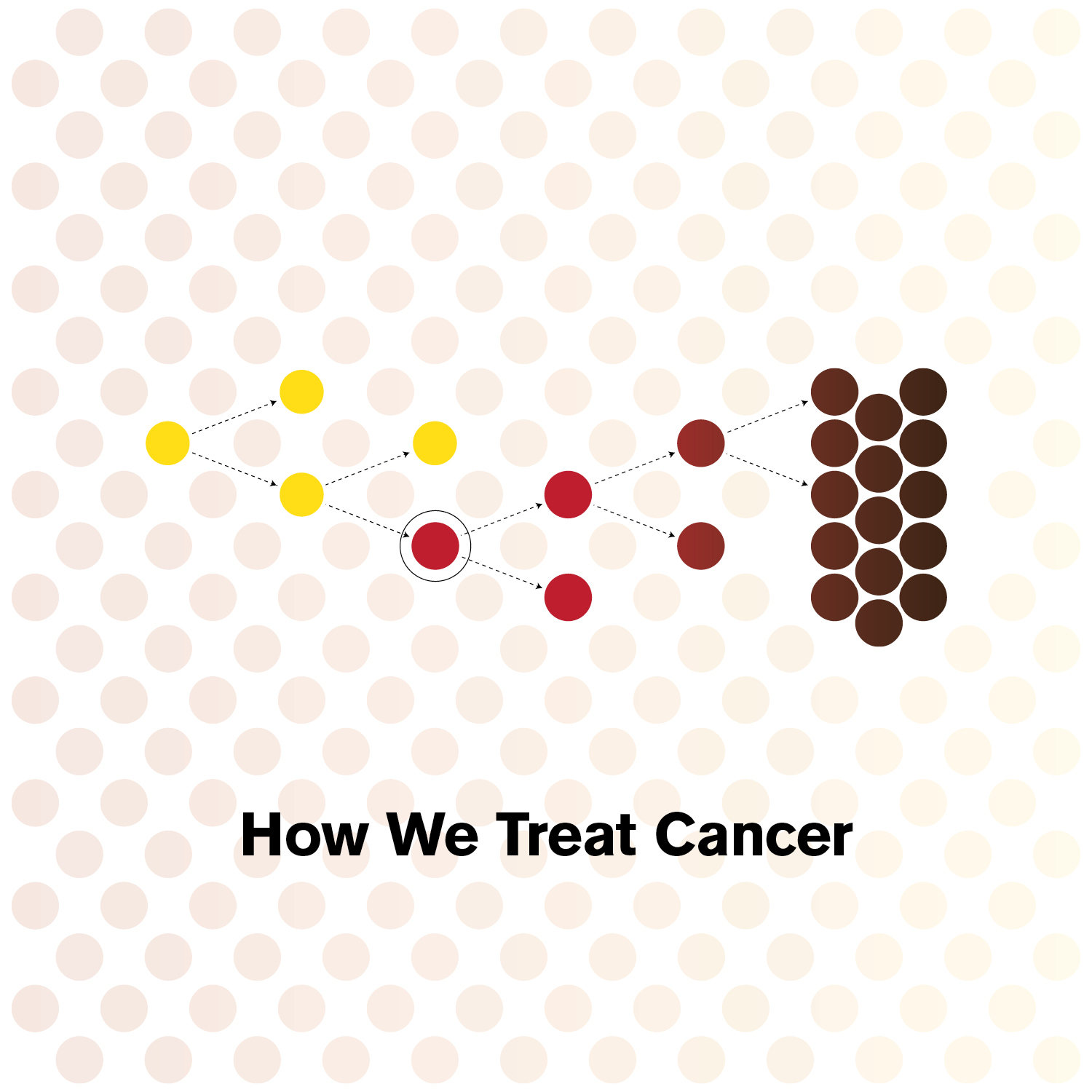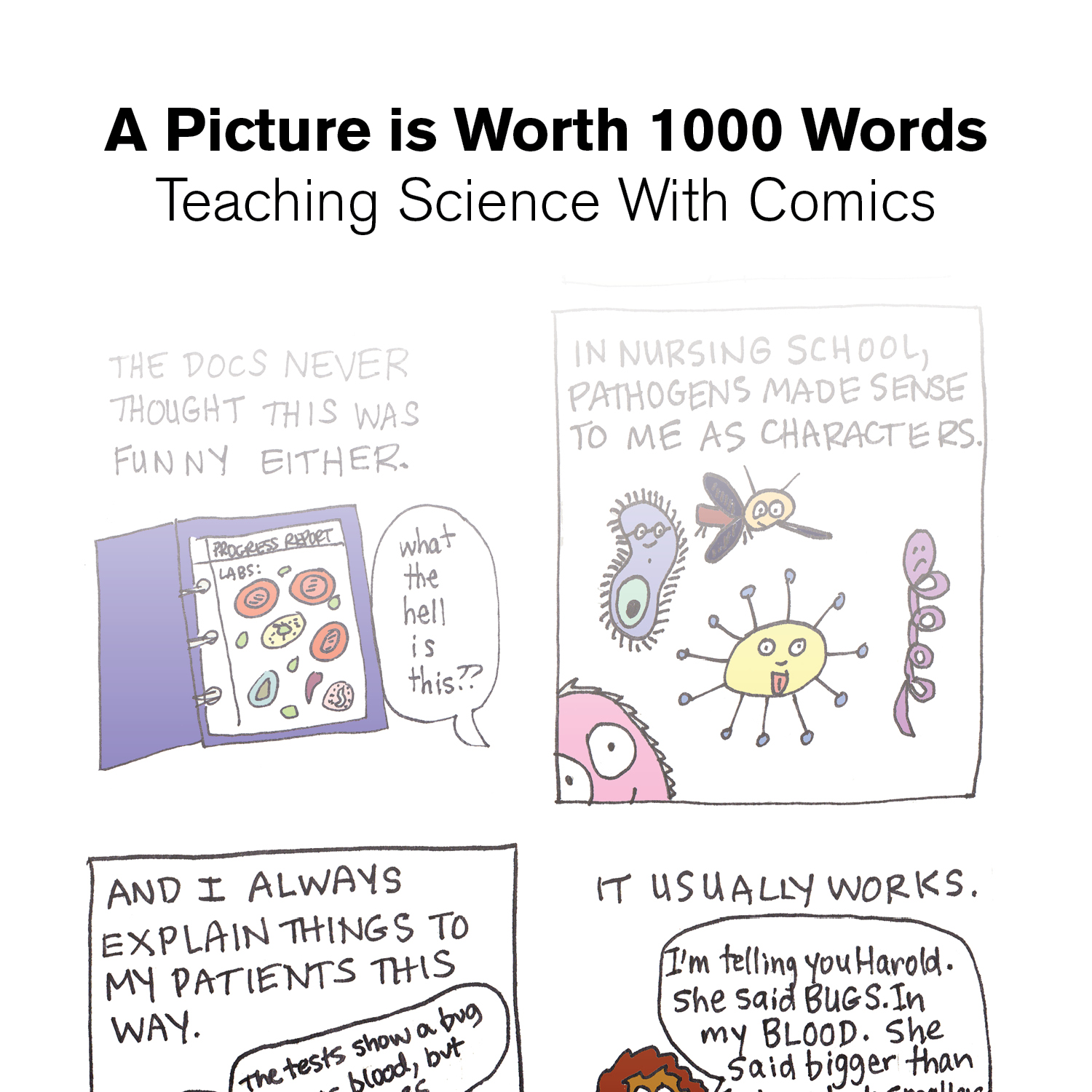
Addiction is one of the most common forms of mental illness in the world. Tens of millions of Americans, and over a quarter of a billion people worldwide, have an addiction to drugs or alcohol. Everyone who has watched a loved one suffer from addiction wonders, “Why are they acting like this? Why can’t they stop?” And people with addictions wonder the same things about themselves. Many people think of addiction as a moral failing, or as a conscious choice—neither belief is supported by scientific evidence.
Continue reading “The Science of Addiction”

The Earth has warmed by almost two degrees Fahrenheit since 1880. This seemingly small increase in global warming explains why much of the land ice on the planet is starting to melt, the oceans are rising at an accelerating pace, and weather extremes are becoming common. Climate researchers have vetted the overwhelming science-based evidence and conclude that human activities associated with the release of greenhouse gases are the primary culprit. Continue reading “Climate Disruption: What We Can Do Now”

Solar energy holds the best potential for meeting humanity’s future long-term energy needs while cutting greenhouse gas emissions—but to realize this potential will require increased emphasis on developing lower-cost technologies and more effective deployment policy. This lecture presents results of a comprehensive study on The Future of Solar Energy by the MIT Energy Initiative (MITEI), which is part of a series of multidisciplinary reports that examine the role various energy sources could play in meeting future energy demand under carbon dioxide emission constraints. Continue reading “The Future of Solar Energy”

Cancer is scary. We all know someone who has battled cancer. Cancer is the second most common cause of death in the United States, killing a half million people of all ages nationwide each year. For many, simply being diagnosed with cancer can feel like a death sentence.
Continue reading “How We Treat Cancer”

Our Women in STEM: Connect is back! This year’s event will feature a lively panel discussion with Q&A, video shorts, and will be followed by networking. We welcome everyone, from women just contemplating a future in a science-related field to career veterans, and all those in between. Men are welcome to attend!
Continue reading “Women in STEM: Connect 2015”

Graphic narratives—also known as comics—are increasingly being used to unpack complex concepts and experiences. Despite the stigma of being thought of as juvenile reading matter (and not ‘real reading’ at that), comics actually have a long history of addressing complex topics. When serious graphic novels began appearing in the 1980s, they were met with great critical acclaim by both popular media and academia. A significant cohort of comics tackling scientific topics now exists.
Continue reading “A Picture is Worth 1000 Words—Teaching Science With Comics”





